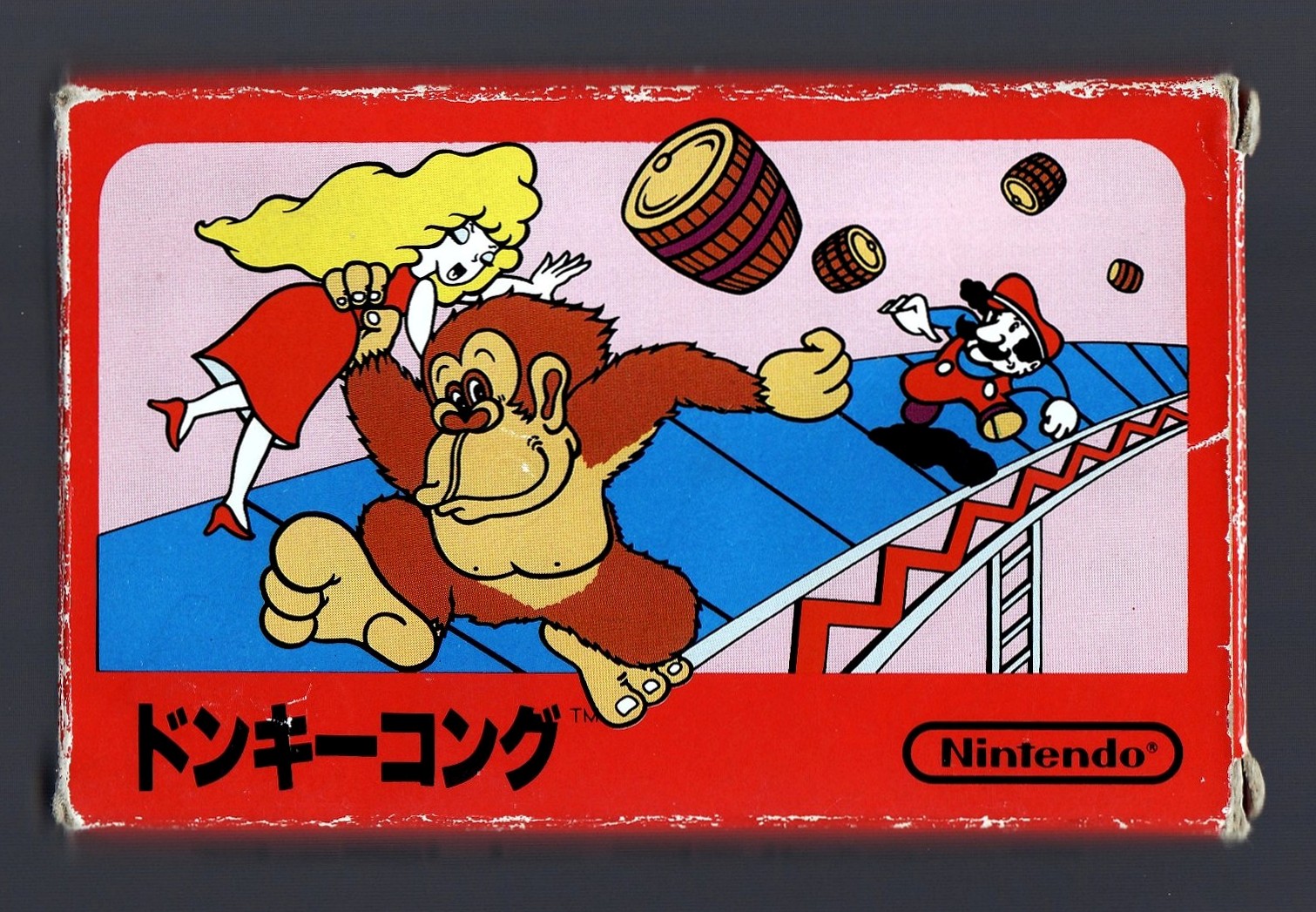


They even invited Santhals living in other places in Odisha, like Cuttack, Paradip, Rourkela, Baripada, and Koraput. They went to the Nandan Kanan Zoo for their yearly picnic and cooked jill-leto for all the guests. In Bhubaneshwar, all the Santhals of the city celebrated Baha, Sohrai and Sakrat together. In Gujarat, she had to be only a Gujarati.

In Odisha, Panmuni-jhi could be a Santhal, an Odia, a Bengali. Instead, her neighbours would only ask her: ‘Bhoujo, ei dish tawmo kemti taiyar kawrochho?’ And she would happily tell them how she had made the dish. No one raised an eyebrow, no one came to her house to grab her husband’s collar and demand of him: ‘Soren, didn’t I tell you not to cook non-veg?’ No. The aroma of eggs, fish, chicken and mutton dishes would waft out of her kitchen and flow all over the HIG Housing Board Colony. And, of course, there were the regular chicken and mutton dishes. She would make delicious katla-machh which all the Santhal women of the city would praise. In Bhubaneshwar, Panmuni-jhi remembered, she would regularly cook two-egg omelettes for Rabi and Hopon. On days like these, Panmuni-jhi would miss the freedom of Bhubaneshwar, and the cool sea breeze of the Bay of Bengal which touched each person in the same way. On some days, when they couldn’t throw the eggshells in the garbage, they would bury them in the kitchen garden. On days the garbage included egg shells, they would go even further. If Hopon ate one egg on a given day, he would have the next egg only after a week or so, when Panmuni-jhi was sure that the odour of the egg she had cooked had wafted out of the house, out of Subhanpura Colony itself.Īlso, disposing the eggshells was a problem.Įach morning, the Sorens would tie up all the garbage-vegetable peels, wrappers, waste paper, tea leaves-in the polythene bags they lined their garbage bins with, and either Biram-kumang or Hopon would throw these bags into the municipal garbage bin outside the colony. Cooking more than one egg at the same time was the same as getting caught. If buying eggs was a difficult task, cooking one was a mission in itself. Biram-kumang or Hopon would go there, look around to make sure there were no familiar eyes spying on them, buy two eggs, wrap them up discreetly, put them in their cloth shopping bag, and return home. It was the only shop in the entire market which sold eggs, and there were always a fair number of people at that shop. There was a small shop in a far corner of the market near the Subhanpura Colony, run by an immigrant from Bihar. However, at times, they would crave the simple sin of an egg.

The Sorens did wean themselves-and quite successfully, to some extent-away from fish, chicken and mutton. This excerpt appears courtesy Speaking Tiger Publishing Pvt. Nothing." Sahitya Akademi Yuva Puraskar winner Hansda Sowvendra Shekhar presciently explores how food and politics can come to dangerous flashpoint in the story They Eat Meat! from his new collection of short stories The Adivasi Will Not Dance. When the Sorens rent a flat from the elderly Raos, they realize that quickly as Mr Rao tells them "No meat-mutton-egg-chicken-fish. Except the food habits are a little different. "It's neat and clean and well-arranged," a cousin who lived there tells them. Editor's Note: At a time when to eat meat or not to eat meat has become a loaded political question, Hansda Sowvendra Shekhar tells the story of Panmuni and Biren Soren who move from Odisha to Vadodara in Gujarat.


 0 kommentar(er)
0 kommentar(er)
